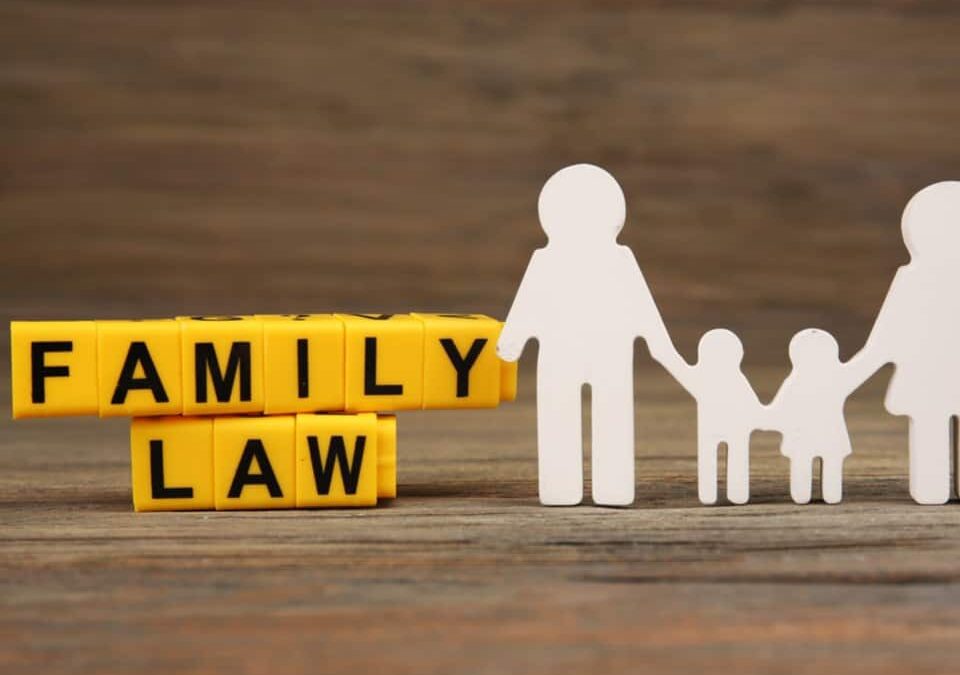This year, Governor Jay Inslee signed into law HB 1088, which adopted the Uniform Family Law Arbitration Act (UFLAA), a statutory scheme for the arbitration of family law disputes. Many UFLAA provisions are similar to the Washington Uniform Arbitration Act, with several provisions specific to the family law dispute context, such as qualifications of an arbitrator, recording of hearings, and provisions related to protecting a party or child.
Scope of the new law
Family law dispute means a contested issue arising under state law on domestic relations. Child-related dispute means a family law dispute regarding legal custody, physical custody, custodial responsibility, parental responsibility or authority, parenting time, right to access, visitation, or financial support regarding a child.
The new arbitration laws allow for greater flexibility and efficiency in family law cases. And, since all awards are confirmed by the Court, there is a layer of oversight and protection for all parties and children involved.

Agreements
A party may initiate arbitration by giving notice to arbitrate to the other party in the manner specified in the arbitration agreement.
The UFLAA requires that an arbitration agreement be in a record signed by the parties and that it identifies the arbitrator or method of selecting an arbitrator, as well as the family law dispute the parties intend to arbitrate.
A party may file a motion in court to compel or terminate arbitration.
Unless waived by the parties, an arbitrator must be an attorney with a minimum of five years of experience practicing family law, or a former judicial officer, including a former pro tempore judicial officer.
A party to arbitration may participate in the arbitration to the full extent permitted under the law and procedural rules, and be represented in the arbitration by an attorney.
Before an arbitrator is selected or if the arbitrator is not able to act on an urgent request in a timely manner, the court may enter a temporary order relating to spousal maintenance or child support, a temporary parenting plan, a temporary restraining order, or a preliminary injunction.
An arbitration award must state the reasons on which it is based. Parties may agree to waive this requirement of a reasoned award if the
family law dispute is not a child-related dispute. An arbitration award is not enforceable as a judgment until it is confirmed by the court.
On motion made no later than 30 days after an arbitrator gives notice of an award, an arbitrator may correct an award for mathematical
miscalculations or evident descriptive mistakes, for errors of form not affecting the merits of arbitrated issues, or to clarify the award.
On motion of a party, the court must vacate an unconfirmed award if the moving party establishes that specified grounds for vacating exist
On granting an order to confirm, vacate, or amend an award, the court must enter judgment in conformity with the order. Final judgment on an arbitration award may be appealed in the same manner as an order or a judgment in a civil action.
The court must enforce a confirmed award, including a temporary award, in the manner and to the same extent as any other order or judgment of a court.
Family Law Attorneys at Althauser Rayan Abbarno, LLP
To learn schedule a consultation or learn more from our family law attorneys at Althauser Rayan Abbarno, call (360) 736-1301 or visit CentraliaLaw.com


Recent Comments